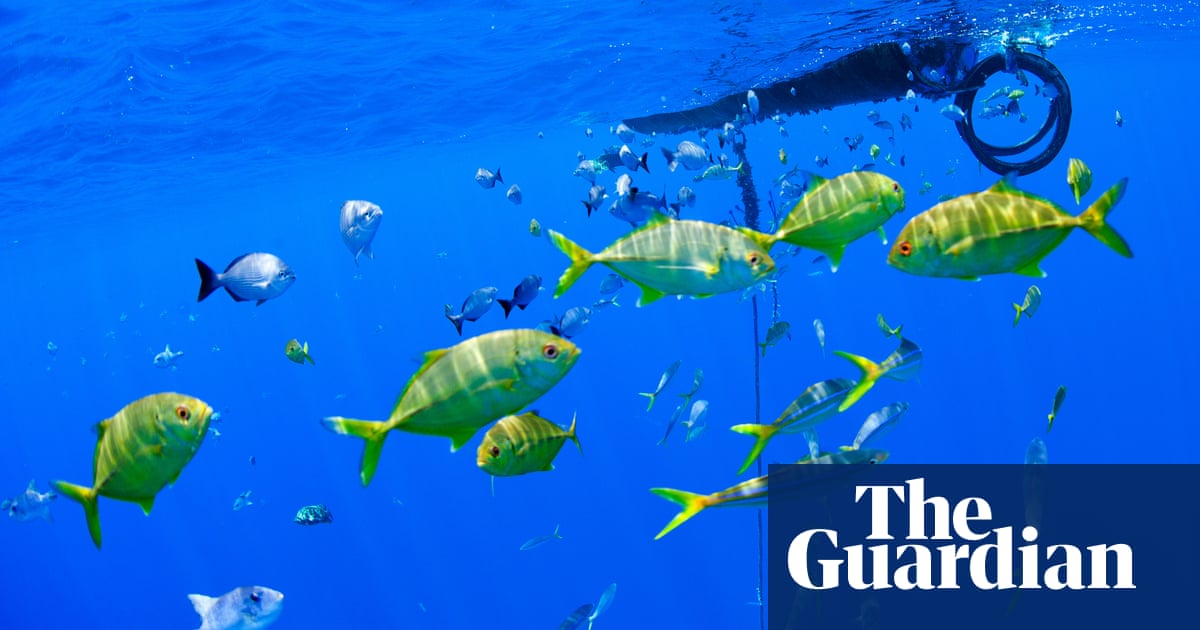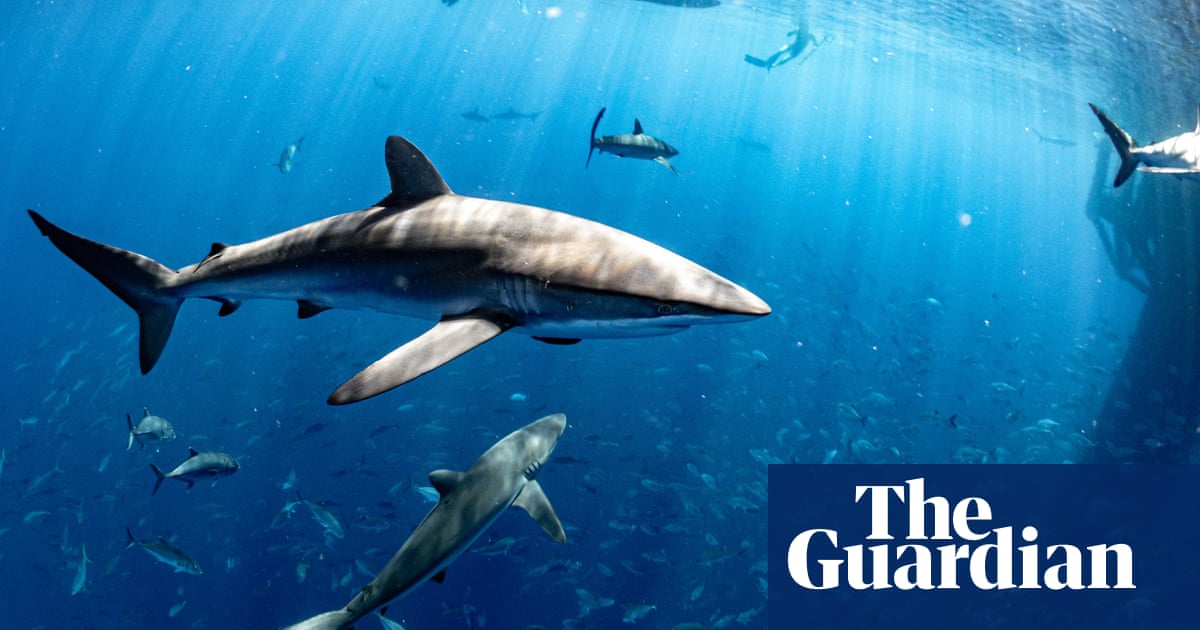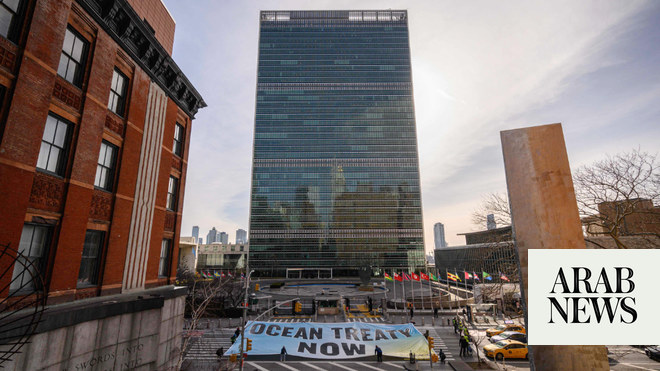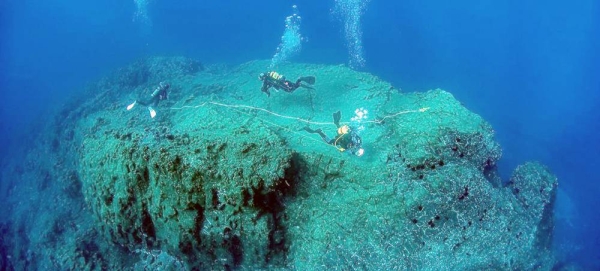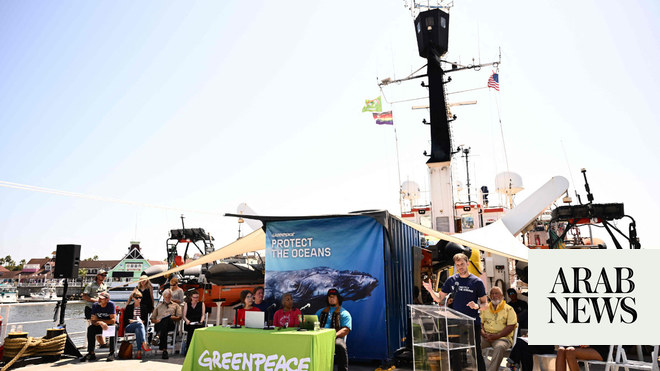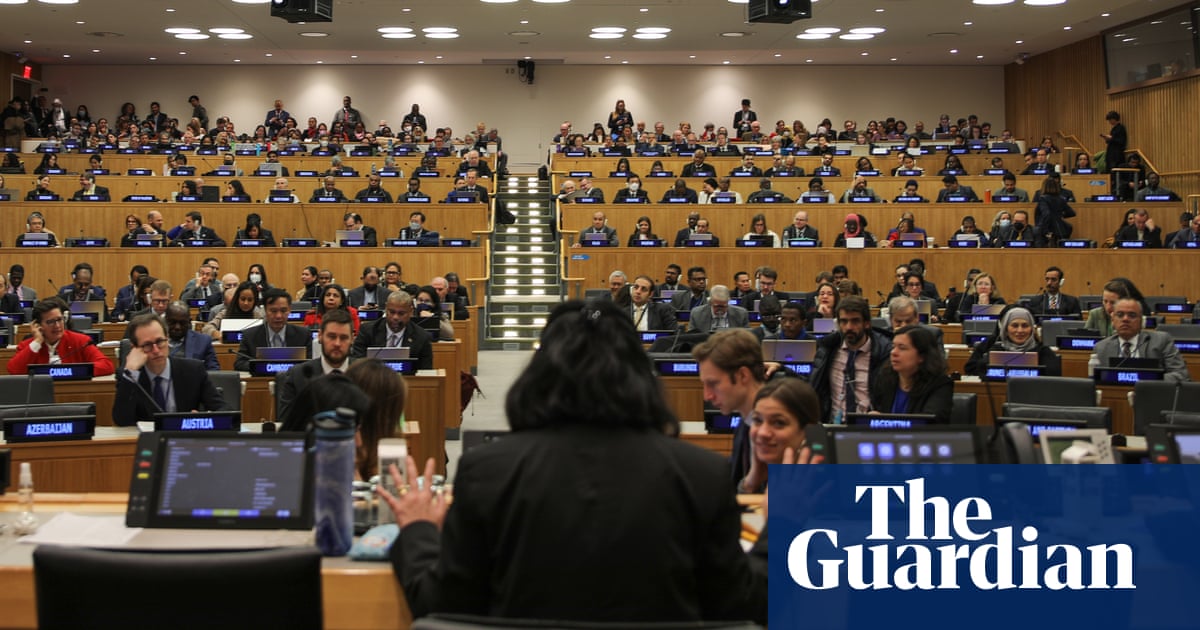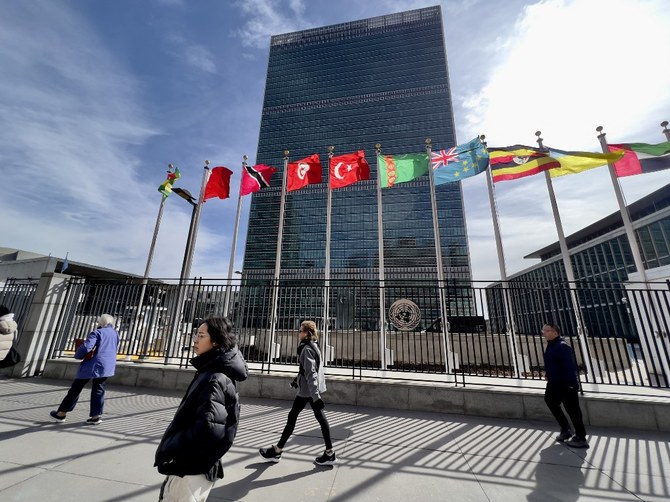
After two days and nights of solid negotiations, and 20 years of failed discussions, 193 UN member nations this month finally signed the breakthrough High Seas Treaty in New York. It involved many organizations, from many different nations, working together to build something that they could all agree on. In this time of troubled current affairs, this is a wonderful and enlightening thing to observe — nations working together to come to an agreement for the benefit of all.
The sea is really important to all of us, whether we know it or not. To many, it is something that we take for granted; a place to go swimming, try new sports or dive to see beautiful marine life. For some, it is a place of peace; to look out at the vastness, hear the gentle waves and feel the breeze; a place to sooth our stressed and troubled minds. More than half of the world’s tourism is based on or around coastlines. But how often do we think of the bigger picture and the true importance of the oceans?
The seas have a huge impact on our lives. About 90 percent of all traded goods are transported by sea. The water provides food and biodiversity, and it regulates our weather and climate. Half the oxygen that we breathe comes from the oceans, which also absorb at least a quarter of all carbon dioxide emissions. Caring for the high seas is a delicate balance. The additional carbon dioxide dissolved in the water forms carbonic acid, which makes it more acidic; just think of the slight tangy taste of carbonated water. This negatively affects ocean life, not least because the shells of shellfish and coral dissolve in acidic conditions.
The waters extending 200 nautical miles from every coastal country’s coastline are considered to be their exclusive economic zones, which make up about 39 percent of the oceans. Beyond this, the open water is known as high seas. The high seas cover more than half of the Earth’s surface, but only 1 percent is managed and regulated. While about 570 regulations do exist that cover the sea, covering issues such as plastics and waste dumping, the overfishing of tuna and preventing commercial whaling, they are disjointed, have many gaps and few authorities to enforce them over such a vast space. Regional fishing management organizations tend to operate within national waters, leaving the high seas unmonitored.
The oceans are an important resource belonging to the whole of humankind
Dr. Bashayer Al-Majed
One of the most contentious issues — and a problem with enforcing regulations — is that many nations lack the capability to access the high seas. Therefore, in the past, it has been just the richer nations, which can afford specialist seafaring vessels and equipment, that have exploited and benefited from the waters. Much dispute was generated with regards to benefit sharing, particularly of marine genetic resources, which have a great many uses in pharmaceuticals and cosmetics. It was decided that these benefits should be for all.
The oceans are an important resource belonging to the whole of humankind. Their biodiversity and the environmental and climate change impacts of neglecting them impacts the whole planet, so profiting nations must put a percentage of their profits into a global high seas protection fund and research opportunities should be found for all nations.
This new legal framework will also create protected marine areas within the high seas and introduce binding rules and regulations to protect ocean life. The protected areas will be a good step toward reaching the target of protecting 30 percent of the planet by 2030, as agreed by 190 nations at December’s UN Biodiversity Conference in Montreal. This is really very important, as we currently have a long way to go, with only 8 percent of the oceans protected so far.
It has been exciting to see how Saudi Arabia’s new tourist areas, such as NEOM and the Coral Bloom project, are developing protected areas for nature conservation on the Kingdom’s coral reefs, islands and shorelines.
It has been said that, with this treaty, we are handing a legacy to our children. However, we have had the Kyoto Protocol and UN climate change conferences since the 1990s and yet we are still not in a good place. Yes, we made good headway with chlorofluorocarbons, but we are vastly off track with climate change. Yes, we are changing and there is a much greater understanding of the effects of climate change and environmental pollution, while this treaty shows there is an impetus to do what it takes. But the issue still lies in detection and enforcement. The ocean is a vast space, with low-density traffic and few observers. But we need this collaboration, we need this positivity. It shows we can work together for the common good.
Dr. Bashayer Al-Majed is a professor of law at Kuwait University, and a visiting fellow at Oxford. Twitter: @Bashayeralmajed




